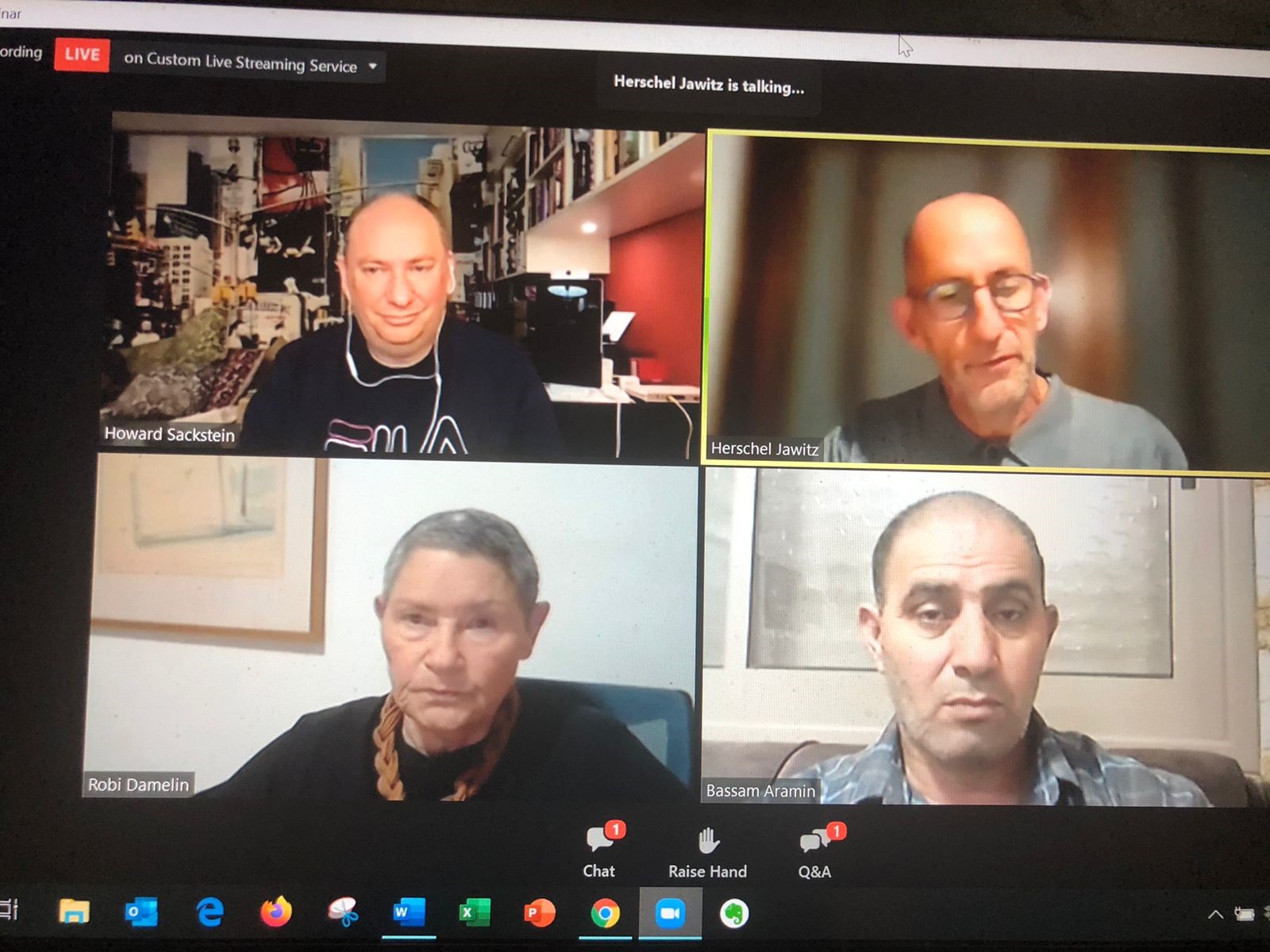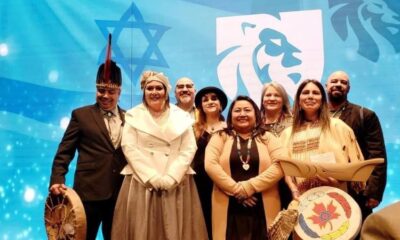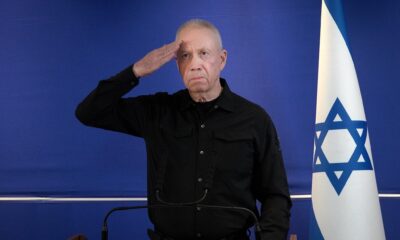
Israel

“How much blood will be shed?” ask bereaved parents
Losing a child to violence devastates the parents left behind. It creates an unspeakable emptiness, a void of loss, pain, and anger. Two bereaved Israeli and Palestinian parents have joined forces to forgive, and have become unlikely warriors for peace so that their children won’t have died in vain.
Robi Damelin and Bassam Aramin shared their grief and hope in an emotion-filled webinar, “One Day After Peace”, hosted by the SA Jewish Report on Saturday, 12 June.
Damelin was born in Johannesburg, and settled in Israel in 1967. Her youngest son, David, served in the Israeli army during the Second Intifada. The liberal and open-minded educationalist David struggled with serving in the territories.
He was killed by a Palestinian sniper’s bullet in March 2002.
“One Palestinian,” Damelin said, “Not the whole Palestinian nation. I told the army, ‘You may not kill anyone in the name of my child.’”
Losing a child “tears your heart out”, Damelin said. Reluctantly, she was persuaded to attend a weekend for bereaved Israeli and Palestinian families in East Jerusalem. “I thought I had had enough pain. But they understood. Palestinian mothers shared the same pain, our tears were the same colour.”
Damelin became a voice for non-violence, reconciliation, and restorative justice, and shared her story around the world. When the man who killed David was found, “That was the test,” she said. “Did I really mean all this stuff about reconciliation and forgiveness?” He said he had killed 10 people – David and nine others – to “free Palestine”, having as a child seen his uncle die for this cause. He took a path of revenge and was a folk hero. Damelin reached out to him, only to receive a bitter and stinging reply years later.
“When you are a victim of any circumstance, don’t remain one. It will hold you back for the rest of your life. I gave up my just right to revenge,” Damelin said. “Forgiveness is a very personal.” She has found that writing letters to David has given her solace.
Aramin also shared his story. Growing up under what he called “this strange occupation”, he began throwing stones at Israeli soldiers when he was 13. He was arrested at 17, and sentenced to seven years. He learned Hebrew in prison, “So I could know my enemy and kill my enemy. Jail gets you to hate more.”
Then he watched a film in prison about the Holocaust. “The vast majority of us don’t believe it happened, and that the Zionists use this ‘great lie’ to justify the occupation.” He was unexpectedly moved, and went on to do a Master’s in the Holocaust at Bradford University.
When he started a family after the 1993 Oslo Accords, Aramin realised that 100 years of armed struggle hadn’t worked, and just wanted a safe, normal life for his children.
In 2005, he met Israeli officers who had refused to serve in the territories. Having difficult conversations, they kept meeting. Their group grew to 300 in a year, and became Combatants for Peace. “When you work with your enemy, he becomes your partner,” Aramin said.
Then on 16 January 2007, an Israeli border policeman shot and killed Aramin’s 10-year-old daughter, Abir, outside her school.
“I joined a bereaved parents’ circle, an organisation in my worst dream I wouldn’t want to join. The ticket price is very high. You never fully heal.” Aramin was disappointed at the lack of regret by the man who killed his innocent daughter. “Revenge is a right, but forgiveness is a choice.”
“A child’s life is more important than any holy land. Without loving each other, we need to respect each other, and both peoples have a right to exist. Palestinians will never ever accept the Israeli occupation. We’re not going to leave or disappear. We will remain and the occupation will go. But how many more children will have to die?” asked Aramin.
“This last war was terrifying – a repeat of 2014 with better weapons,” Damelin said. “How are those children growing up filled with hatred in Gaza ever going to handle things? Children in Sderot, Ashkelon, Ashdod are traumatised and wetting their beds. Palestinian women have no safe room to run to. Israeli mothers have 15 seconds to run – what if they have more than one child?”
“We need brave leaders,” said Aramin. “The Nakba [establishment of Israel in 1948] is over. The Holocaust is over. We are very strong nations, but we must look forward. We need to share this land, in one state, two states, five states, or there will just be two big graves here. I hope to see peace in my lifetime, but how much blood will still be shed?”
Aramin partnered with more than 100 Israeli soldiers to build gardens for children to play in, in Abir’s memory. “One can kill, 100 can build,” he said. “Me and Robi are family now. We are human beings and we need to trust and respect our partners.”
Damelin said, “If we don’t deal with the problems with Palestine, one of these days there won’t be an Israeli state. I love Israel, and I have paid the highest price. But it’s important to live in a moral country, and the occupation is taking its toll.”
Both speakers appear in documentaries about their journeys, One Day after Peace and Within the Eye of the Storm. Aramin’s story was also an inspiration for the novel, Apeirogon, by Colum McCann.










